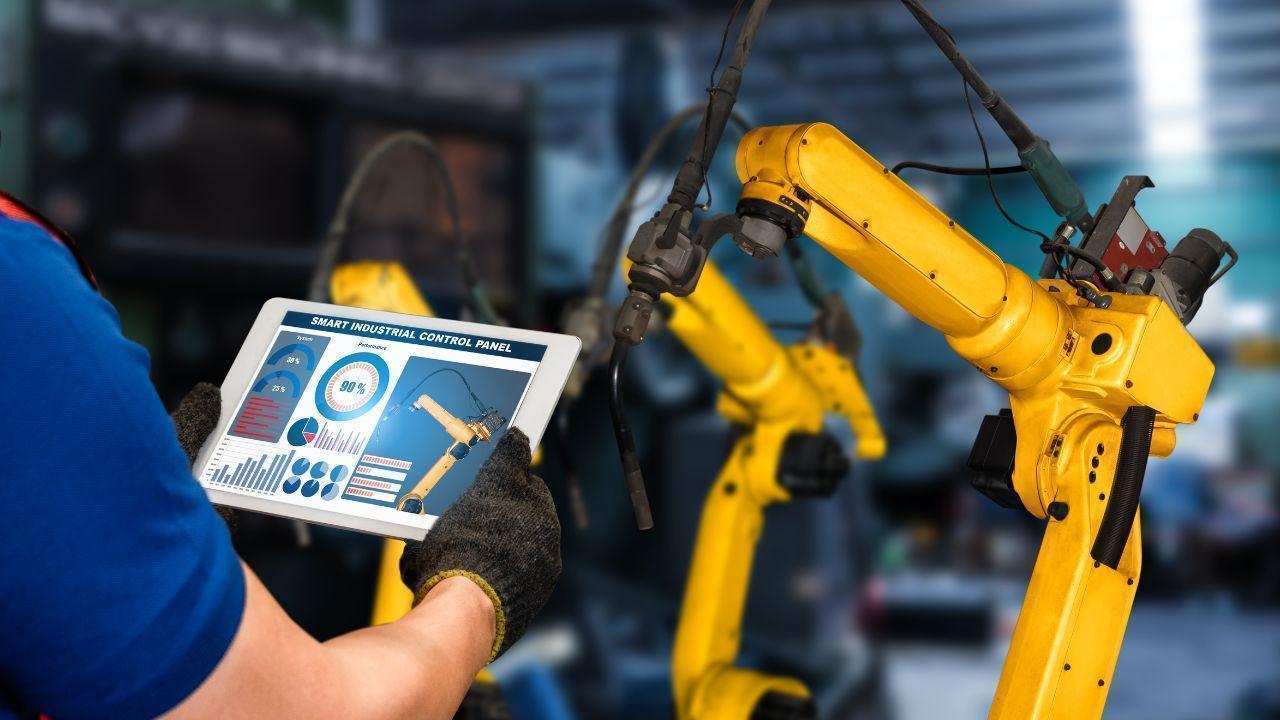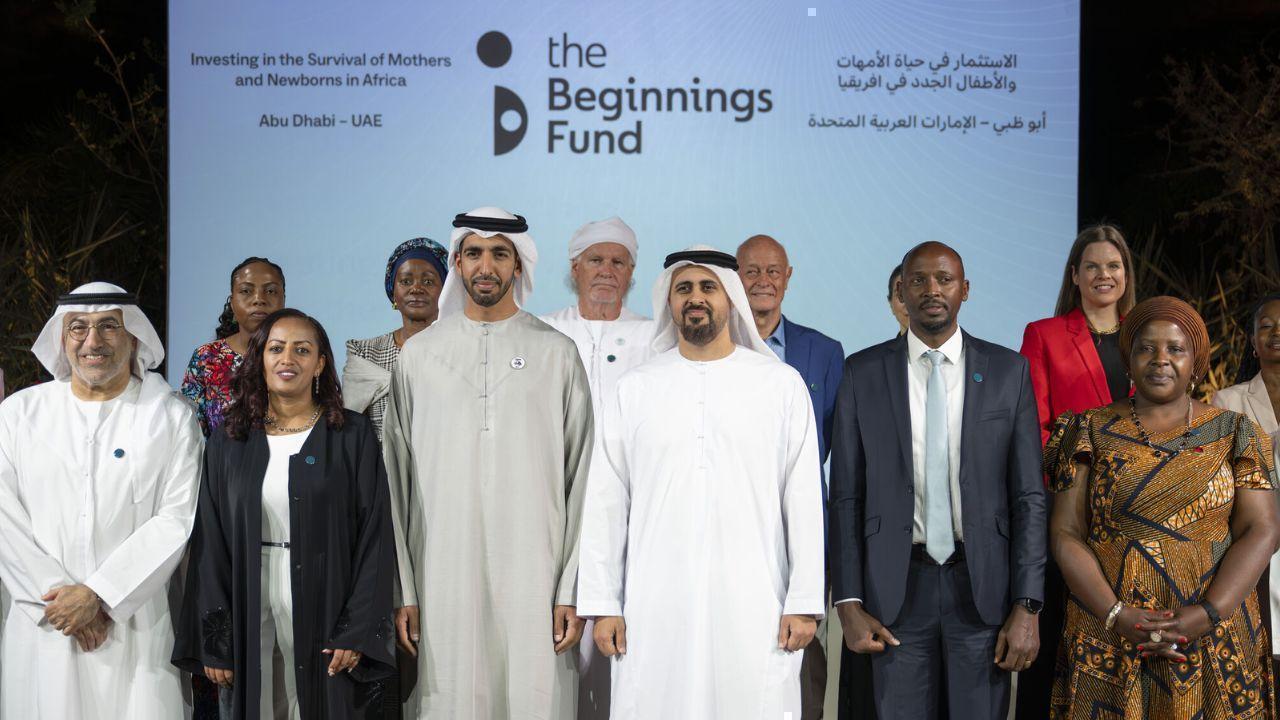
Post by: Zayd Kamal
Challenges and Ethical Concerns in Digital Twin Technology
In today’s rapidly evolving technological landscape, a concept once confined to science fiction is slowly becoming a reality. Imagine a virtual version of yourself—your "digital twin"—that learns, evolves, and even makes decisions on your behalf. While this may sound like something out of a futuristic novel, the technology behind digital twins is advancing at a rapid pace, and it may not be long before these digital replicas are making important decisions for us. But how prepared are we for a future where our digital selves take the reins of decision-making? In this article, we’ll explore the potential of digital twins, how they could make decisions for us, and what challenges lie ahead.
What Exactly Is a Digital Twin?
A digital twin is a virtual model that replicates a physical entity, system, or even a person. Originally, digital twins were used in industries like manufacturing and healthcare, where they helped simulate real-world objects and environments to predict performance. These replicas were typically employed to improve efficiency and troubleshoot problems without physical intervention. However, as technology advanced, the scope of digital twins expanded. Today, digital twins can represent human beings, capturing our behaviors, habits, and decision-making patterns. This virtual version of ourselves could analyze our daily activities, preferences, and even emotions, ultimately helping our digital twin make decisions on our behalf.
The Role of AI and Machine Learning in Decision-Making
One of the main driving forces behind the evolution of digital twins is the rapid advancement of artificial intelligence (AI) and machine learning. AI systems are now capable of analyzing vast amounts of data and drawing insightful conclusions that help us make better decisions. In fields like healthcare, finance, and retail, AI has already proven its ability to predict trends, diagnose illnesses, and recommend products based on individual preferences. As AI continues to evolve, it has the potential to enable digital twins to make informed decisions for us. These digital counterparts would learn everything about our routines, likes, dislikes, and thought processes, enabling them to make choices ranging from scheduling appointments to purchasing products based on our preferences and needs.
The Growing Capabilities of Digital Twins
As the capabilities of digital twins grow, they may soon become an integral part of our daily lives, making decisions that range from mundane tasks to more complex choices. One of the key areas where digital twins could have a significant impact is in personalized recommendations. By gathering and analyzing data from our everyday activities, digital twins can suggest movies, books, meals, or even travel destinations based on our unique preferences. Over time, these digital replicas could automate various aspects of our lives, such as booking appointments, managing tasks, or even choosing what to wear for the day.
Digital twins could also have a profound impact on financial management. Today, many of us rely on financial advisors or budgeting apps to make decisions about spending and saving. In the future, your digital twin could take over this role entirely. By analyzing your spending habits, investment portfolio, and financial goals, your digital twin could help you make smarter financial decisions, such as allocating funds, making investments, or choosing the best savings plan.
In healthcare, digital twins are already beginning to play a vital role in managing health. With the use of wearable devices like fitness trackers, your digital twin could monitor important health metrics such as heart rate, sleep patterns, and physical activity. By collecting this data, your digital twin could make decisions regarding lifestyle changes, suggest workouts, and even schedule doctor’s appointments based on your health needs. It could function as a personal healthcare assistant, offering tailored advice to improve your overall well-being.
Are We Ready to Let Digital Twins Make Decisions?
While the concept of a digital twin making decisions for us seems promising, there are several significant concerns to consider. One of the primary issues is privacy and data security. For digital twins to function effectively, they need access to large amounts of personal data. This data may include everything from your financial history to your health records, and without proper safeguards in place, it could be vulnerable to misuse or hacking. As digital twins become more integrated into our lives, ensuring the security of personal information will become even more critical.
Another concern is the potential loss of personal autonomy. While digital twins could make our lives more convenient by handling mundane tasks, there’s the risk that we may become overly reliant on these digital counterparts. As we delegate more and more decisions to our virtual selves, we may lose the ability to make decisions independently. Striking a balance between convenience and control will be essential to ensuring that we maintain agency over our lives.
Ethical considerations also play a significant role in the development of digital twins. For example, if your digital twin makes a decision that results in financial loss or health consequences, who would be held accountable? As these digital entities become more autonomous, it’s important to establish clear guidelines and regulations to ensure that they make ethical decisions that align with our values and expectations.
Disclaimer
The content shared by DXB News Network is for informational purposes only. While we strive to ensure the accuracy and reliability of the information presented, we cannot guarantee that all the details are completely accurate or up-to-date. The views expressed in our articles and publications are those of the respective authors and do not necessarily reflect the views of DXB News Network.
#trending #latest #DigitalTwin #AI #FutureTechnology #DecisionMaking #TechInnovation #ArtificialIntelligence #DigitalLife #FutureOfAI #SmartTechnology #TechTrends #AIinDailyLife #DigitalEvolution #TechRevolution #PersonalizedTech #TechFuture #breakingnews #worldnews #headlines #topstories #globalUpdate #dxbnewsnetwork #dxbnews #dxbdnn #dxbnewsnetworkdnn #bestnewschanneldubai #bestnewschannelUAE #bestnewschannelabudhabi #bestnewschannelajman #bestnewschannelofdubai #popularnewschanneldubai

Goa Positions Itself as a Future-Ready Tourism State at Arabian Travel Market 2025, Dubai...Read More.

Azerbaijan Airlines and Saudi Arabia discuss expanding air routes to boost tourism and economic ties, with over 94,000 Saudi tourists visiting Azerbaijan....Read More.














Goa Positions Itself as a Future-Ready Tourism State at Arabian Travel Market 2025, Dubai
Goa Positions Itself as a Future-Ready Tourism State at Arabian Travel Market 2025, Dubai

First-of-its-kind Satellite to Measure Carbon in Rainforests
The Biomass satellite will measure how much carbon rainforests store, helping track climate change a

Mark Carney's Liberals Win Canada Vote, Eye Talks With Trump
Mark Carney leads Canada's Liberals to election win, plans to meet Trump for new trade talks and boo

Etihad Airways Expands Fleet with New Airbus A321LR Aircraft
Etihad Airways launches Airbus A321LR with luxury features, expanding fleet to meet travel demand. N

Liverpool Win Premier League After 5-1 Victory Over Tottenham
Liverpool clinch Premier League title with a 5-1 win over Tottenham at Anfield, as Mohamed Salah end